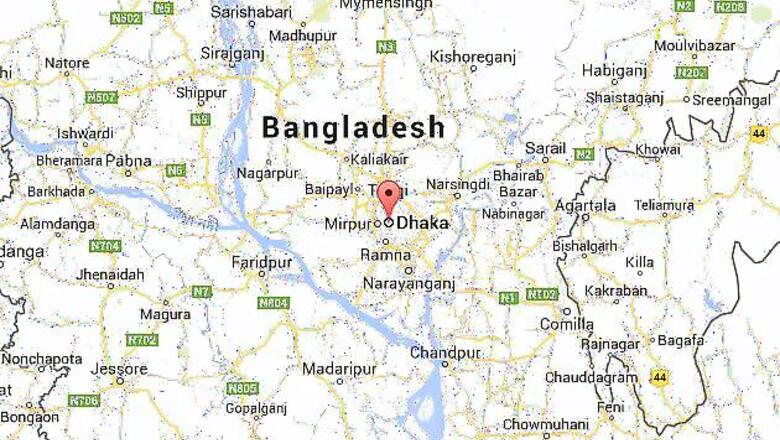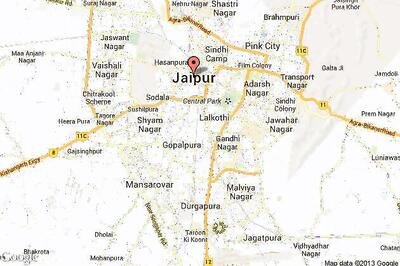
views
Dhaka: Top leader of fundamentalist Jamaat- e-Islami party and Bangladeshi media tycoon Mir Quasem Ali was sentenced to death on Sunday by a special war crimes court for atrocities he committed during the 1971 independence war against Pakistan, days after the party's chief was given capital punishment on identical charges.
"He (Ali) shall be hanged by neck until he is dead," pronounced chairman of the three-member special tribunal for war crimes, as the 62-year-old Jamaat leader looked bewildered on the dock.
Amid heavy security, the court simultaneously sentenced him to 72-year imprisonment for several other charges. The jail terms would be virtually infructuous since he was sentenced to death.
Emerging from the court, the lawyers said the tribunal found Ali guilty of 10 out of 14 charges while under two charges he was sentenced to death for torturing to death two juvenile freedom fighters and throwing their bodies into a river at northeastern port city of Chittagong.
The verdict came as Jamaat activists enforced the second phase of their three-day nationwide general strike which they called after the chief of Bangladesh's largest Islamist party, Matiur Rahman Nizami was handed down death penalty on October 29.
Nizami, 71, was sentenced to death for mass killing, rape, loot and for death of several intellectuals during nation's independence war against Pakistan 43 years ago. Meanwhile, life in capital Dhaka and other major cities, remained largely normal as paramilitary Border Guard Bangladesh (BGB) and elite anti-crime Rapid Action Battalion (RAB) were deployed to avoid violence similar to the one witnessed after Nizami's sentencing.
Ali, a former leader of Jamaat's powerful student wing, was the third in command of the infamous Gestapo like Al-Badr militia forces. Known to be a top financier of Jamaat, Ali, heads Diganta Media Corporation which owns a pro-Jamaat daily and a television station.
He also has a number of other businesses including in real estate and shipping sectors. Ali was accused of running a makeshift torture camp at a hotel in Chittagong where hundreds of people, believed to be freedom fighters, and their supporters were killed during the independence war.
Out of 24 prosecution witnesses, several were survivors of the torture camp at the Dalim Hotel. Prosecution lawyer Turin Afroz welcomed the verdict, saying "It is another step forward to end the culture of impunity", while the defence lawyers said "it is prescribed verdict in a fabricated case".
"We will definitely challenge the verdict before the Supreme Court," defence lawyer Mizanul Islam told newsmen.


















Comments
0 comment